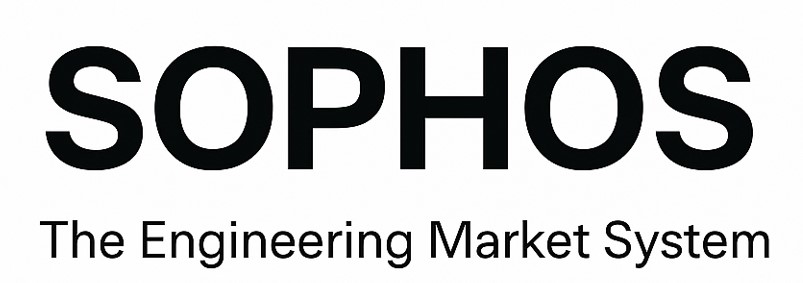Engineering
Engineering in the Markets
Introduction
Engineering is the science of solving problems. An engineer does not work with wishes or intuition; he works with data, calculations, plans, and safety mechanisms. In the world of markets, most people act in the exact opposite way: they rely on instinct, rumors, and hope. The result is predictable: most lose. But engineering logic can be transferred to the markets and radically change the outcome. This is exactly what Sophos does.
The Logic of Engineering
Every engineering project has three stages:
-
Data Analysis – loads, materials, conditions.
-
Design and Rules – calculations, regulations, safety limits.
-
Inspection and Correction – testing, checks, adjustments.
In the markets, the stages are the same:
-
Analysis – price, volume, statistics.
-
Rules – when to enter, when to exit, what the risk is.
-
Control – stop-loss, R ratio, backtests.
Parallel Examples
-
Seismic Design ↔ Stop-Loss
Just as a bridge is designed to withstand earthquakes with controlled damage, a trade is designed to withstand losses within defined limits. -
Construction Plans ↔ Strategy Plan
Nobody builds without a plan. Entering the markets without a strategy is the equivalent mistake. -
Safety Factors ↔ Profit/Risk Ratio
An engineer adds margins to ensure strength. Sophos sets profit targets that are multiples of risk to ensure profitability.
The Absence of Engineering Logic in the Markets
Most investors operate without engineering thinking:
-
They do not measure risk.
-
They have no exit plan.
-
They follow rumors and emotions.
It is like constructing a multi-story building without a structural study. Collapse is only a matter of time.
Sophos: Engineering Applied
Sophos is the result of transferring engineering logic to the markets.
-
Every trade has a "structural study": stop-loss, position size, target.
-
Every trade has "safety mechanisms": it never exceeds the predefined risk.
-
Every trade has a "strength plan": it moves only with the trend, aiming for multiples of risk.
Just as an engineering project is tested in simulations before it is built, Sophos was tested in thousands of backtests before being applied in real conditions.
Discipline Instead of Intuition
Engineering logic is discipline. It leaves no room for guesswork. If the data says "no," the answer is "no."
The same applies to Sophos:
-
It does not buy without a trend.
-
It does not open a position without a stop-loss.
-
It does not increase risk beyond the limit.
Intuition may make an investor feel clever for a moment, but in the long run it leads to losses. Discipline is what creates statistical advantage.
Conclusion
Engineering logic is the foundation of every reliable project. In the markets, it is the foundation of every reliable strategy. Sophos is not a "secret" or an "inspiration." It is the simple, strict application of engineering to a field most treat chaotically.
Just as a bridge stands because it obeys the laws of physics, a strategy stands because it obeys the laws of statistics and risk.
Sophos is proof that engineering can bring order to the chaos of the markets.

